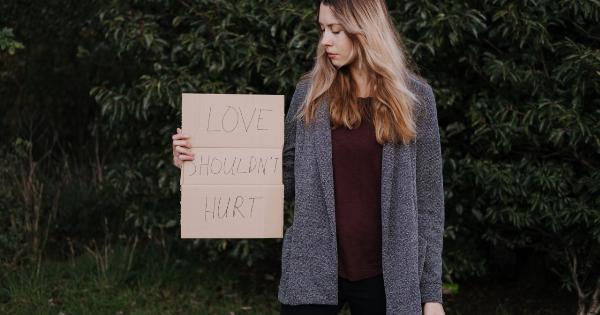Coffee is one of the most popular beverages in the world. It is enjoyed by millions of people every day, not just for its taste and aroma, but also for its numerous health benefits.
In recent years, there has been a lot of talk about the relationship between coffee and cancer, with some studies suggesting that coffee consumption may increase the risk of certain types of cancer while others argue that it may actually reduce cancer risk. In this article, we’ll take a closer look at this issue and try to answer some of the most important questions related to coffee and cancer.
What is cancer?
Cancer is a group of diseases characterized by the uncontrolled growth and spread of abnormal cells. There are many different types of cancer and they can occur in any part of the body.
Cancer is one of the leading causes of death worldwide and it is estimated that about one in six deaths is due to cancer. Some of the most common types of cancer include lung cancer, breast cancer, prostate cancer, and colon cancer.
Does coffee increase cancer risk?
One of the most controversial issues related to coffee and cancer is whether coffee consumption increases the risk of cancer.
While some studies have suggested that there may be a link between coffee consumption and cancer, others have shown no association or even a protective effect of coffee against cancer.
A recent review of over 1000 observational and experimental studies by the International Agency for Research on Cancer (IARC) concluded that there is no consistent evidence to suggest that coffee consumption causes cancer.
However, the IARC also noted that very hot beverages (above 65°C) may be classified as “probably carcinogenic to humans” based on evidence for esophageal cancer. Therefore, it is recommended that individuals avoid drinking very hot coffee.
Several studies have also investigated the relationship between coffee consumption and specific types of cancer.
For example, some studies have suggested that coffee consumption may increase the risk of bladder cancer and pancreatic cancer, while others have indicated a protective effect of coffee against liver cancer and colorectal cancer.
Does coffee reduce cancer risk?
While some studies have suggested that coffee may increase the risk of certain types of cancer, others have indicated a protective effect of coffee against cancer.
A large-scale analysis of 59 studies by the American Institute for Cancer Research (AICR) found convincing evidence that coffee consumption is associated with a lower risk of liver cancer and probable evidence that it reduces the risk of colorectal cancer.
Another study published in the Journal of the National Cancer Institute found that consuming four or more cups of coffee per day was associated with a 20% lower risk of malignant melanoma, a type of skin cancer, compared to those who did not drink coffee.
Why might coffee reduce cancer risk?
There are several potential mechanisms by which coffee may reduce the risk of cancer. For example, coffee contains antioxidants and polyphenols which have been shown to have anti-cancer properties.
Coffee also contains caffeine, which has been shown to induce cell death and inhibit the growth of cancer cells in laboratory studies.
Furthermore, coffee consumption has been shown to reduce inflammation, which is a key factor in the development of many types of cancer.
In addition, coffee has been associated with a decreased risk of type 2 diabetes, which itself is a risk factor for several types of cancer.
What should I take away from all of this?
While the relationship between coffee and cancer is still not fully understood, the current evidence suggests that moderate coffee consumption is unlikely to increase the risk of cancer and may actually have some protective effects against certain types of cancer. However, it is important to avoid drinking very hot beverages, as this may increase the risk of esophageal cancer.
As with any health-related issue, it is always best to consult with your healthcare provider before making any significant changes to your diet or lifestyle.
Conclusion
The relationship between coffee and cancer is complex and still not fully understood.
While some studies have suggested that coffee consumption may increase the risk of certain types of cancer, others have indicated that it may actually have some protective effects against cancer. Overall, the current evidence suggests that moderate coffee consumption is unlikely to increase the risk of cancer and may even be beneficial for some individuals.





























